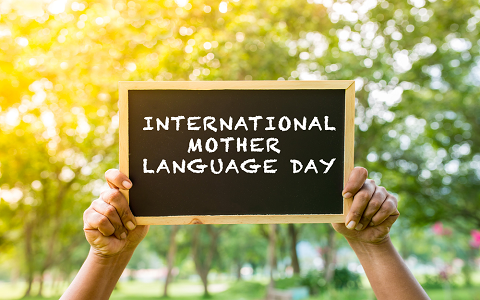

Mother language is an important part of culture that helps to identify a people.
It is also an indigenous form of communication among people of same tribe.
Local languages are often the first channel of communication between children and their parents.
The importance of local languages cannot be over-emphasised, hence they have become subjects to be taught in schools.
But as much as the society places much premium on them, the learning of local languages in schools by student has greatly reduced.
Our correspondent spoke with some stakeholders on reasons for this and the way out.
A scholar, Mrs Lanre Oluyole said the academic system which termed local languages as vernacular had hampered the learning of the subjects in schools as students were often made to pay fine for speaking such languages.
The Head of Language Studies, Army Comprehensive College Akure, Mrs Olusolape Alonge hinged her own reason on the refusal of students to buy textbooks and other learning aids, a situation which she called apathy towards local languages.
A parent, Mrs Olubunmi Ademoyegun said new generation parents who felt English language was superior to local languages should be blamed for children’s apathy to mother languages.
Speaking on the way out, the Chairman, Egbe Akomolede in Ondo state, Mrs Aminat Adegboye suggested that local languages should be made compulsory in schools rather than elective.
She also stressed the need for manufacturers of computer to produce keyboards in local languages while teachers should also embrace technological advancement to boost the teaching and learning of the subjects.
Mrs Adegboye appealed to government to revamp the education sector in line with the 21st century realities.
International Mother Language day is celebrated every 21st of February to encourage the speaking of native languages among the people.
Augustina Okinedo